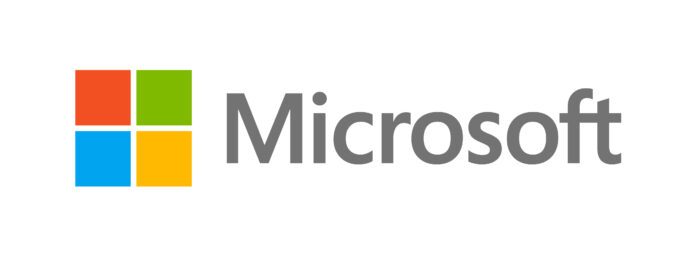In recent weeks, rumors have swirled regarding Microsoft’s purported intention to close its operations in Nigeria. Speculation centered on the potential closure of its innovation center in Lagos, citing concerns about the country’s business environment. Reports suggested that approximately 200 employees could be affected by this alleged decision. However, Microsoft swiftly moved to quash these rumors and reaffirm its commitment to Nigeria.

Olatomiwa Williams, Microsoft’s country manager for Nigeria, took a decisive stance against the speculation during a high-level meeting with the Minister of Finance and Coordinating Minister of the Economy in Abuja. This meeting, held late on a Monday, served as a platform for Microsoft to clarify its position and dispel any misconceptions about its operations in the country.
According to Mohammed Manga, the ministry’s director of information and public relations, Williams provided reassurances to the minister regarding Microsoft’s ongoing commitment to Nigeria. Williams explicitly denied any plans to shutter operations and emphasized the company’s desire to continue its presence in the country. Furthermore, he expressed Microsoft’s eagerness to explore opportunities for collaboration with the Nigerian government, particularly in areas such as cybersecurity and youth upskilling initiatives.
Manga elaborated on the discussions that took place during the meeting, highlighting Microsoft’s broader vision for engagement with Nigeria beyond addressing the closure rumors. He underscored the importance of fostering strategic partnerships between multinational technology corporations like Microsoft and the federal government. Such collaborations are crucial for driving innovation, promoting economic growth, and advancing the country’s technological capabilities.
In addition to dispelling the closure rumors, the meeting provided a platform for both parties to explore avenues for collaboration and mutual benefit. Microsoft’s interest in partnering with the Nigerian government underscores the potential for synergistic relationships between the public and private sectors. By leveraging Microsoft’s expertise and resources, Nigeria can bolster its cybersecurity infrastructure and enhance opportunities for youth empowerment and skill development.
The government’s response to Microsoft’s commitment was equally positive. Manga noted the administration’s appreciation for Microsoft’s dedication to Nigeria and its acknowledgment of the strategic importance of industry leaders like Microsoft. This recognition speaks to the value that multinational corporations bring to the Nigerian economy and underscores the government’s commitment to creating an enabling environment for their continued investment and growth.
Beyond dispelling the closure rumors, the meeting served as a testament to the importance of constructive engagement between the government and multinational technology companies. By fostering open dialogue and collaboration, both parties can work together to address challenges, seize opportunities, and drive positive change in the Nigerian tech ecosystem.
The significance of the meeting extends beyond its immediate outcomes. It represents a pivotal moment in Nigeria’s journey towards becoming a hub for technological innovation and investment. By strengthening partnerships with industry leaders like Microsoft, Nigeria can position itself as a leading player in the global tech landscape, driving economic growth, job creation, and societal development.
Microsoft’s reaffirmation of its commitment to Nigeria sends a clear message: the country remains a strategic priority for the technology giant. As Nigeria continues on its journey towards digital transformation, partnerships between the public and private sectors will be essential for driving innovation, fostering economic growth, and unlocking the full potential of its burgeoning tech ecosystem.
Victoria Ibiama




